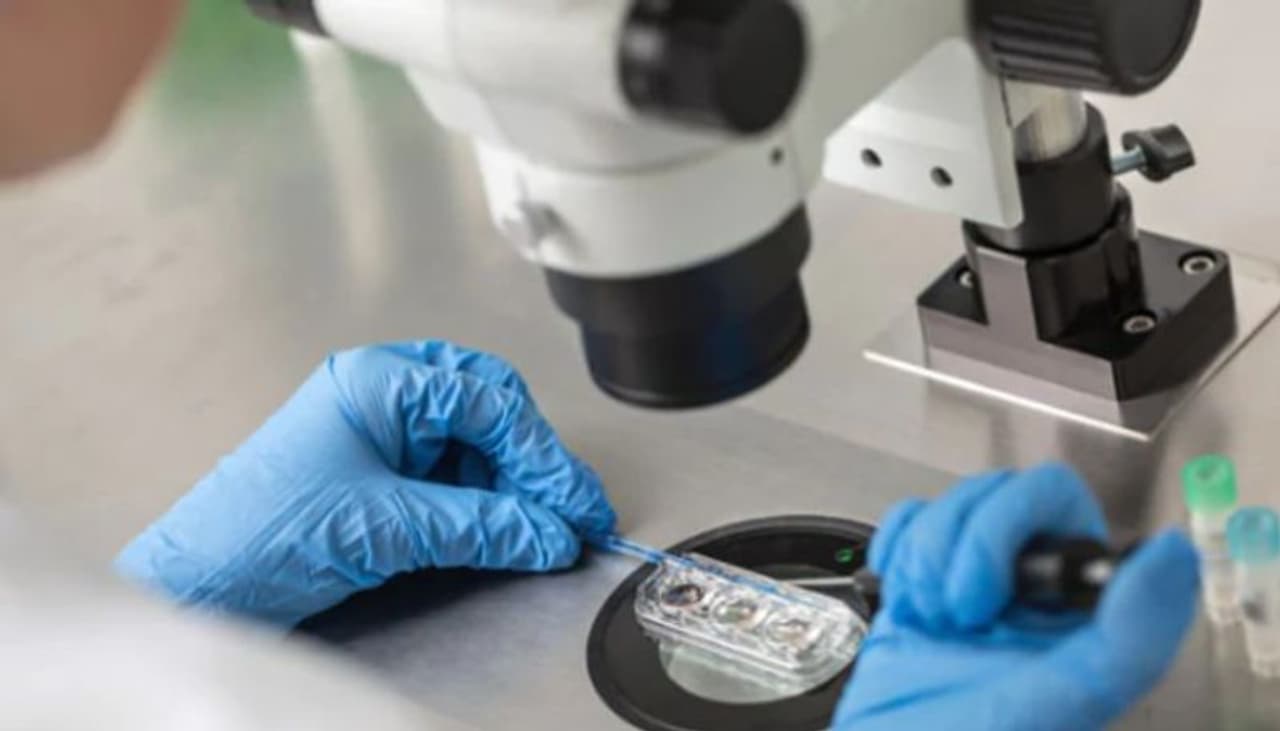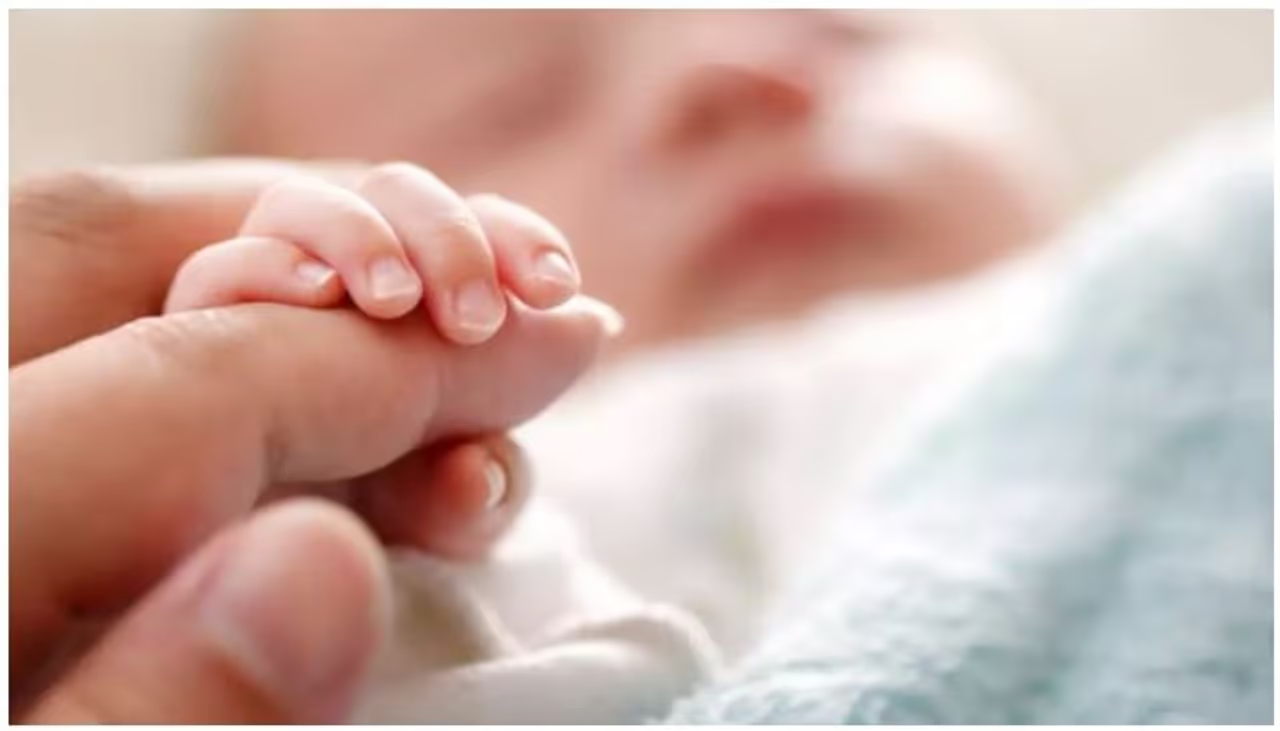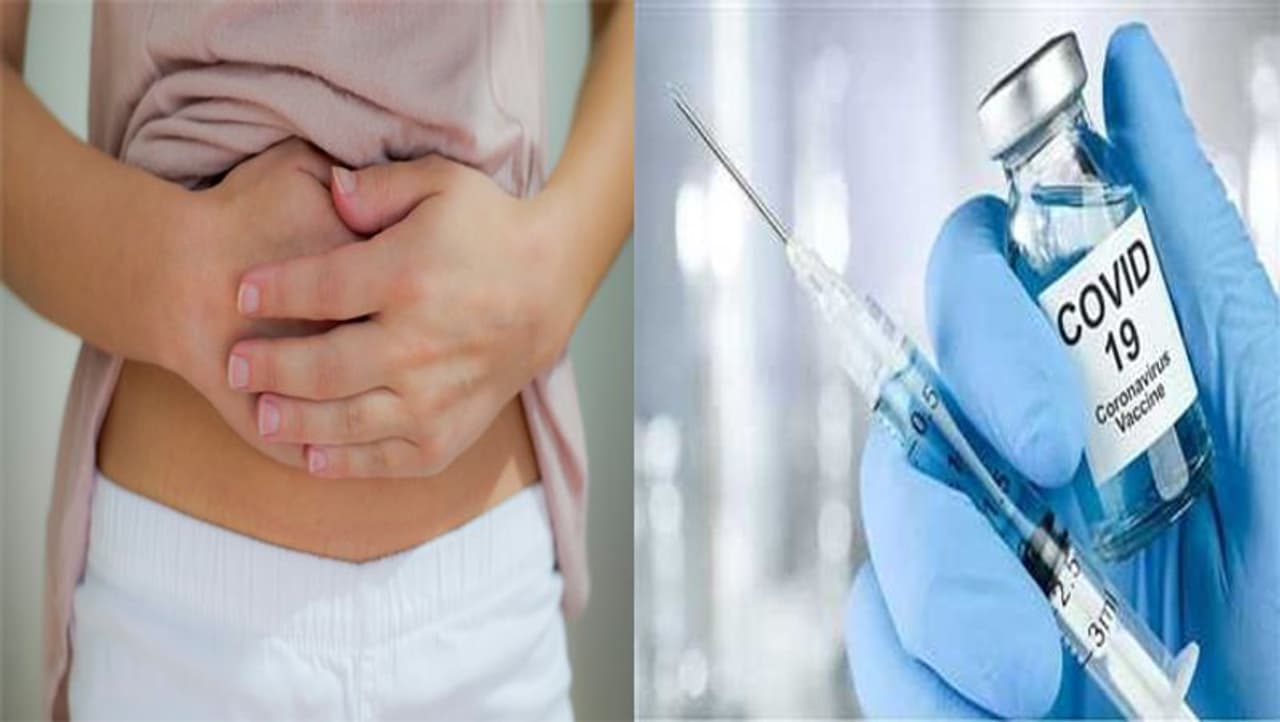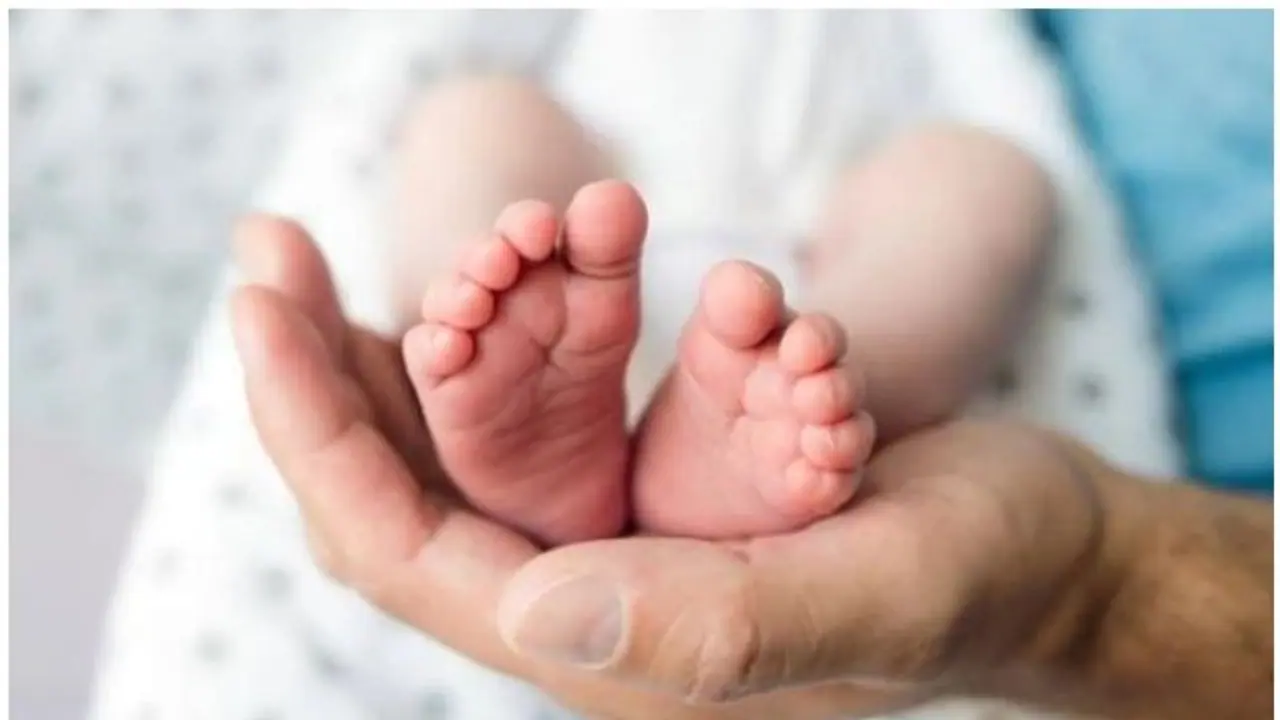Read these do’s and don'ts important for couples undergoing fertility treatment during the Covid-19 pandemic.
More than 5 lakh couples opt for IVF in India, but is experiencing the procedure safe during this pandemic? We talked to Dr. Arveen Vohra, Clinical Director in one of Bangalore's popular infertility specialists in Milann - The Fertility Center.

Approximately 30 lakh people in India undergo infertility treatment annually, and of these, more than 5 lakh couples opt for IVF. However, The COVID 19 pandemic has given rise to innumerable apprehensions of the effect of the virus on fertility.
Various studies from the West conclude that the COVID-19 virus does not affect IVF outcome. All IVF processes must be initiated by proper screening, and the centres must follow risk mitigation methods to prevent infection transmission.

So when is the right time to conceive through IVF? Dr Arveen Vohra replied, "I think every couple has the right to procreate, and whenever you feel you're ready to have a baby, that would be the right time. The existing covid 19 situation itself is no reason alone to postpone having a family. In fact, many spontaneous conceptions have happened in the last one year for couples who were already undergoing fertility medications when the lockdown started. And that tells us that life always finds a way."
A couple of mental health also needs to be considered while deciding treatment strategies. So if there are no risk factors, a couple can continue with their fertility treatment. Where time is of paramount concern, like age or low egg reserve and high-risk factors, it's better to collect the eggs, and the sperm make the embryos and freeze them. After covid vaccination, frozen embryo transfer can be planned.

So, what are the do’s and don'ts for couples undergoing fertility treatment during the pandemic?
Couples need to understand that this pandemic brings mental stress along with physical challenges and contracting COVID-19. Stay positive. Eat and drink healthy. Exercise and meditate. There is nothing better than this when you prepare to have a baby than a good mind, body and soul. Have an antioxidant-rich diet and supplements Vit C and D and Zinc to keep up your immunity. Yoga, including breathing exercises to expand lung capacity, is essential.

Consult your fertility specialist and plan before you step out for the treatment. Most clinics also take care that the consultations are online, and blood investigations are also being done using home visits. In fact, we at Milann have started a “Home IVF” facility where the patient clinic visits are minimized. However, whenever the clinic visit is planned, only the person needed in the clinic should come. There is no need to bring attendees along.
Prebook your consultation time with the doctor to avoid waiting in the clinic.
Please wear a mask, face shield if needed, and do regular sanitization of the hands.
Social distancing is paramount where feasible. Avoid touching surfaces like tables and chairs.
Make payments online, if possible, in advance to avoid standing in the billing queue.
When visiting a clinic, you should carry your own pen to avoid contact with multiple things.
Carry only a plastic file with important documents that can be sanitized easily.
Don’t carry bags, and unnecessary papers were not needed.
Don't touch surfaces. Avoid sitting so that it's a quick in and quick out of the clinic.
If, during the treatment, you have any symptoms of Covid 19 or you come in contact with an infected person, please inform your doctor before coming to the clinic.
Couples recommended to now finish the vaccination as its available before starting the IVF treatment on the advice of their fertility specialist.

Is it safe to take a vaccine during the IVF process?
It is better to complete the vaccination for Covid 19 before starting the IVF procedure where time permits. It is advisable for those couples who are already going through their fertility treatment to finish the egg /sperm collection and make the embryos. Then proceed with the frozen embryo transfer after completing the vaccination. It is a good and safe option for women whose age and egg reserve is of concern.
